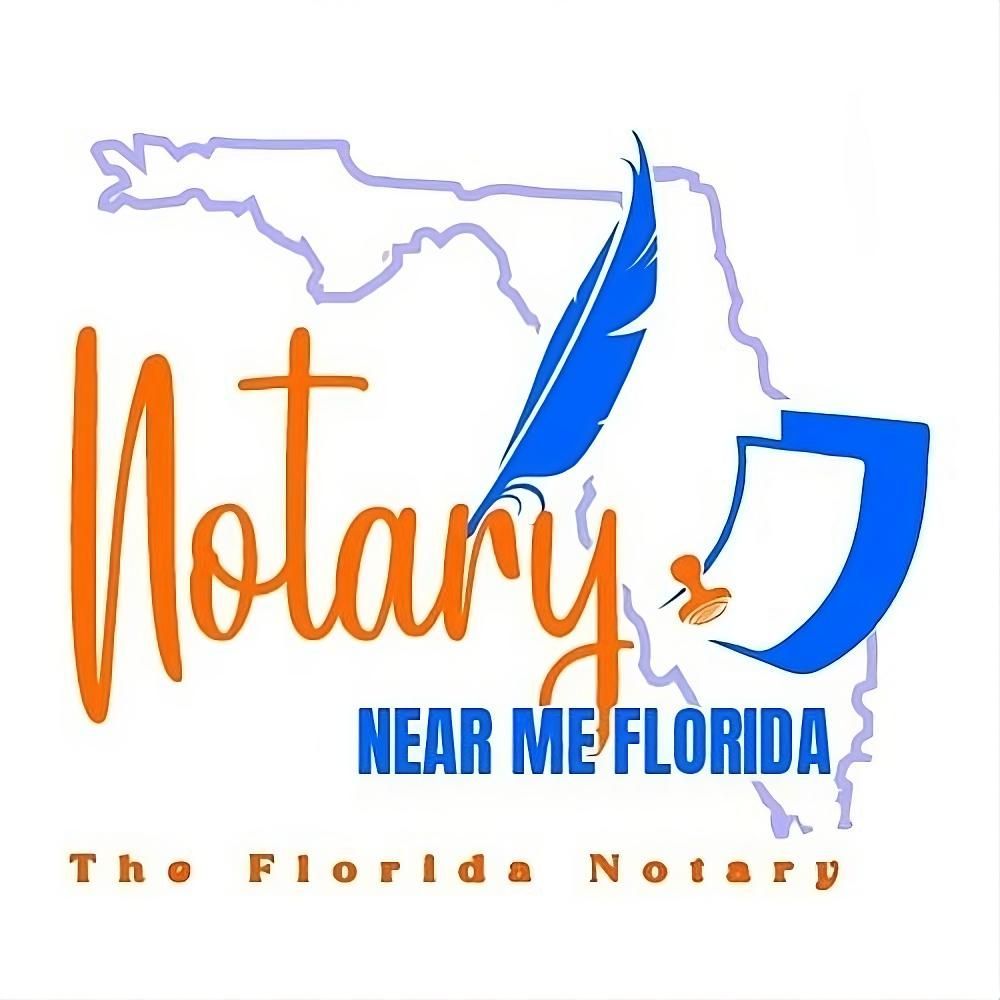The Call I Didn’t Know I’d Need to Make: 4 Documents Every Adult Child Should Help Their Parents Get—Before It’s Too Late
It was a Tuesday when my mom fainted at the grocery store. She’s fine now—but that day, standing in the ER with my heart racing, the nurse asked me, “Do you have her Power of Attorney or Health Care Surrogate form?”
I didn’t.
I had her purse and her phone, but I had zero authority to make decisions. That was the moment I realized:
Being a good son or daughter isn’t just about visits and phone calls. It’s about being prepared.
You’re not the only one getting older—your parents are, too. And with each year, a little planning can go a long way.
If you're like me, the idea of “legal documents” might have once sounded like something for much older folks or estate attorneys. But what I’ve learned—sometimes painfully—is that these simple, notarized documents can bring peace and clarity in life’s most stressful moments.
If your parents haven’t brought these up with you, it’s time to start the conversation. Here are four documents every adult child should be aware of—now, not later.
1. Power of Attorney (POA)
This document grants you—or someone your parent trusts—the legal authority to manage their financial affairs if they become unable to do so. This can include paying bills, managing property, or handling insurance matters.
Why it matters: Without a POA, families are often forced into court to request guardianship, which can be expensive and emotionally draining.
Where to get it: Your parent can download a POA form online (Florida provides templates), or work with an attorney. Once it’s completed, it should be notarized to carry full legal authority.
2. Health Care Surrogate Designation
This form allows someone to make medical decisions on behalf of your parent if they’re unable to do so themselves. Florida law requires this to be correctly signed and witnessed—ideally notarized.
Why it matters: Even if you’re a family member, hospitals may not legally recognize your voice without documentation. A notarized form ensures there are no questions in moments that matter most.
Where to get it: Forms can be obtained from healthcare providers, attorneys, or trusted legal websites. Then notarize it to seal its validity.
3. Advance Directive or Living Will
This outlines your parent’s wishes regarding life-prolonging treatment, pain management, and more. It’s not a morbid document—it’s a compassionate one.
Why it matters: It removes guesswork during highly emotional situations and helps honor your parent’s wishes with confidence.
Where to get it: These are available online or through your local Department of Health. As with others, notarization is key.
4. Travel & Medical Consent Forms
If a caregiver, friend, or relative accompanies your parent to appointments or on trips, these forms enable that person to authorize treatment if necessary.
Why it matters: Emergencies don’t wait. If you can’t be reached, this document empowers others to help you immediately.
Where to get it: A simple consent form can be drafted and notarized—we can help you create the right one for your situation.
You don’t need to figure this out on your own—and you don’t need to drag your parents to a notary office.
I’m Claudia Mitchell-McLeod, a commissioned mobile and remote notary based in the Tampa Bay area. At Notary Near Me Florida, I help families like yours get these important documents signed and notarized—in person or online (if allowed by law). Whether your loved one is at home, in the hospital, or in a care facility, I’ll meet you where you are.
Call or text me today at (813) 239-4117
Or email support@notarynearme-florida.com to schedule your appointment.
This isn’t just paperwork—it’s protection, clarity, and peace of mind.
I made the call that day—not to the hospital, but to my mom. I said, “Let’s get this handled. Not just for you, but for me.”
You have the chance to do the same.
Don’t wait for a wake-up call. Be the one who acts in love—before it’s too late.














